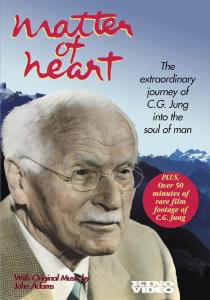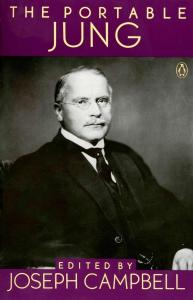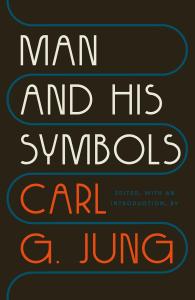Exploring the Depths of the Psyche: A Review of Ego and Archetype by Edward Edinger
The concept of the ego and archetype has been a topic of great interest and debate in psychology. Many theories and perspectives have emerged, each attempting to unravel the mysteries of the human psyche. One such theory that has stood the test of time is that of analytical psychologist Edward Edinger, as presented in his book Ego and Archetype.
Published in 1972, Ego and Archetype is a seminal work in the field of analytical psychology. Edinger, a student of the renowned Carl Jung, explores the relationship between the ego and the archetype, two crucial elements of Jungian psychology. He delves into the unconscious and reveals how these two forces shape our personality, behavior, and beliefs.
In the book's first part, Edinger elaborates on the concept of the ego and its development. He explains how the ego is formed through the process of individuation, where the conscious and unconscious aspects of the psyche come together to create a unified self. He also discusses the different types of egos, such as the inflated, the deflated, and the transcendent ego, and how they affect our perception of the world.
The book's second part focuses on the archetype, which is the universal, inherited pattern of behavior and thought present in the collective unconscious. Edinger explains the various archetypes, such as the anima/animus, the shadow, and the self, and how they manifest in our lives. He also explores the role of archetypes in mythology, religion, and dreams.
In the book's final part, Edinger brings together the concepts of ego and archetype to show how they are interdependent. He discusses how the ego's relationship with the archetype can be either destructive or creative, depending on how well the individual integrates their unconscious elements into their conscious self.
Edinger's book stands out from other works on the same subject due to its clear and concise writing style, making it accessible to scholars and non-experts alike. He also provides numerous examples and case studies, making it easier for readers to understand complex concepts. Moreover, Edinger's work is firmly grounded in Jungian theory and goes beyond mere theoretical explanations by exploring the practical applications of the ego-archetype relationship in our daily lives.
In Ego and Archetype, Edward Edinger offers a comprehensive and insightful exploration of the foundational concepts of Jungian psychology. The book is essential for anyone interested in understanding the workings of the human mind and how our unconscious influences our conscious self. It is a timeless classic that continues to be relevant in the field of psychology, and its impact can be seen in the works of many contemporary thinkers. I highly recommend this book to all those who seek to delve deeper into the depths of their psyche






